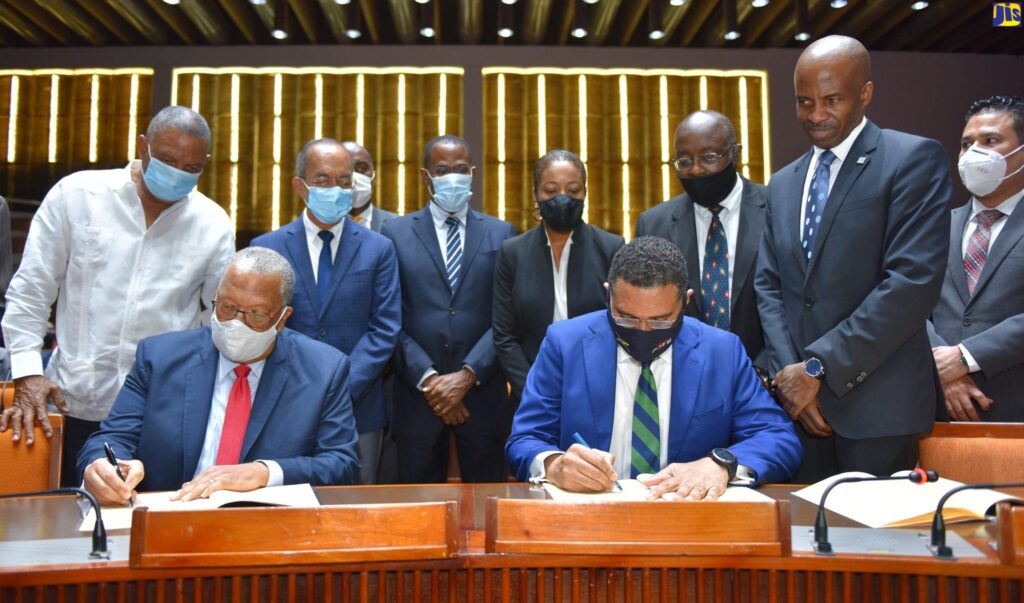
During the restrictions imposed due to the COVID-19 outbreak, Kingston has seen an escalation of gang activity and crime that for some time had the government maintaining its states of emergency (SOEs) in sections of the city.
Of late, the murders are becoming more grisly with police personnel and the elderly meeting their demise at the hands of gunmen.
According to police statistics, there have been more than 1,200 murders so far this year, and that number is set to surpass last year’s total figure of 1,214. It is therefore clear which of the two perils – murder or death by COVID-19 – will be the most calamitous.
COVID-19 has brought on a cratering of the economy which may explain in part the uptick in criminal activity.
The insidious nature of these wanton acts of lawlessness means that the government in conjunction with the citizenry and civic groups must now formulate a plan to combat serious crime and murder and ensure that it works.
The same effort taken to mitigate against the effects of the pandemic must now be taken against crime.
The Government has steadfastly proclaimed the importance of the implementation of SOEs and zones of special operation (ZOSOs) in fighting crime and maintaining law and order. They have deemed it effective and want to keep them in place for the near future.
Last weekend, Minister of National Security Dr Horace Chang, took ad space in the country’s newspapers calling for criminals to, “Stop the KILLING…Give up the Guns”.

This was a response to the escalating murders and criminal activity that is now out of control.
Earlier this year, gang members wreaked mayhem on a Spanish Town suburb, resulting in the deaths of two policemen. What came to light was that the police were woefully ill-equipped, under-resourced and didn’t know how to handle the situation.
Police Commissioner Major General Antony Anderson will have to both examine and evaluate different techniques to counter these emboldened gangs. If Jamaicans are seeing the inadequacies of the JCF and that citizens are not safe in their communities and neighbourhoods, it spells the failure of law and order and by extension, the government.
It makes a mockery of aspirations of becoming a developed country by 2030.

Already the government has to contend with a contracting economy and the impact of COVID-19. Add uncontrollable gang crime and extortion, and it is having to extinguish conflagrations on too many fronts.
The task of addressing crime, gangs, extortion and rampant lawlessness is not incumbent upon the government and the JCF – the entire country has to demonstrate fortitude and the will to combat the scourge.
Chang made this point in Parliament, saying: “There will be no real change until there is a collective condemnation of criminality. The police on their own number 12,000. But if we all join the Force for good, then the constabulary would number over two million.
“Every Jamaican has a responsibility to stand against crime, violence and corruption. We must all support the crime fighting and anti-gang efforts of the police. We must collectively condemn all acts of violence and criminality and continue to extend support to the Jamaica Constabulary Force.”
The public’s buy-in here is crucial.

Last year’s murder numbers in Jamaica were an increase on 2018’s numbers and there can be no doubt that 2020’s numbers will exceed that of 2019. It is said that crime cost Jamaica around five per cent of GDP which equates to about J$100 billion a year. This is, and for many years has been, a national crisis which has gone unresolved. It is untenable.
At the beginning of this year, Prime Minister Andrew Holness made this observation: “The level of crime we are now experiencing is over and above the capacity of our existing security apparatus to manage. While the crime and murder numbers have grown over the past four decades, successive governments have not increased the national security budget apace, or kept abreast with technology, or increased the number of investigators and other critical capabilities commensurately, or effectively controlled corrupt activity in the force.”
The former Leader of the Opposition Dr Peter Phillips bemoaned that the JCF’s operational costs for the SOEs cost the country J$31 million a month and that was too high for Jamaica to bare. He is wrong. While in the United States there is talk of disbanding and defunding the police, here in Jamaica more funds, more equipment and training are needed. The JCF requires at least three times that J$31 million a month figure.
Its operating finances are paltry. It’s like bringing a knife to a gunfight. Taking on gangsters wielding M-16s with .38 revolvers makes no sense and policemen and women will inevitably be killed and injured in the line of duty.
The ground ceded to gangs and criminals is being paid attention to by the international community. Jamaica, whether it likes it or not, is dependent on the multi-lateral agencies, particularly the IMF which continues to express concerns.
Jamaica’s main trading partner, the United States, too has drawn attention to unchecked criminal barbarity in the most strident language.
The United States State Department noted: “Most criminal activity is gang-related. Organised crime elements are prevalent and extremely active. Police are unable to protect most neighbourhoods adequately, so burglaries are quite common. Home break-ins occur in Kingston, even in gated and affluent neighbourhoods.

“Past incidents have shown that when occupants neglected to use security features provided, criminals were afforded opportunities to gain entry into residences. Most wealthy residents hire private armed guard forces to deter criminals. Burglars can commit rape, robbery and assault if they are surprised in a home.”
Amnesty International (AI), in its International Report 2017/18, declared: “Jamaica continues to have one of the highest homicide rates in the Americas.”
It caused much consternation when Forbes magazine listed Jamaica as the third most dangerous place in the world for women.
In 2018, Business Insider ranked Jamaica 10th among 20 of the most dangerous places in the world.
Looking more closely at the events in Spanish Town’s Horizon Park, one of the largest private operating non-profit foundations in Germany, Bertelsmann Stiftung in its 2017 report was most prescient, writing: “The state’s monopoly on the use of force is established nationwide in principle, but it is challenged by organised gangs and networks involved in revenge killings, fraud, drugs and gun smuggling in parts of the capital city, Kingston.”
What is most damning and irrefutable is where the report goes on to observe, “Jamaican violence has become endemic among poor black communities. Violence is often directed against other members of the same class not for ethnic, religious or political reasons, but economic, turf or domestic conflict reasons.

“There are numerous violent incidents, reported by the police as occurring primarily between organised gangs, sometimes within a community or between different communities mostly related to the trafficking of guns, and drugs and fraud.”
The systemic failure of the economy and the lack of opportunities for many Jamaicans are also put under the spotlight by the Bertelsmann Stiftung Report.
“Young men are vulnerable to recruitment by organised gangs and criminal networks. Criminal networks and gangs are an alternative option, especially for young men, when between 120,000 and 140,000 Jamaicans aged 14 to 24 are not in education or employment.”
A national plan now has to be put in place to address the crime problem and measures enacted to attend to systemic problems that lead to heinous criminal acts.

Politician and Eisenhower Fellow, Imani Duncan-Price issued a statement on this very point earlier this year. In it she said that although the SOEs are being declared in many places, the sad reality is that the unrelenting murder rate confirms the urgent need for an effective national crime plan.
“Without a crime plan, hard policing alone in Central Kingston, will not bring peace. We need a real crime-fighting plan that incorporates urban renewal, jobs, land reform, improved educational opportunities and long-lasting social interventions etc.”

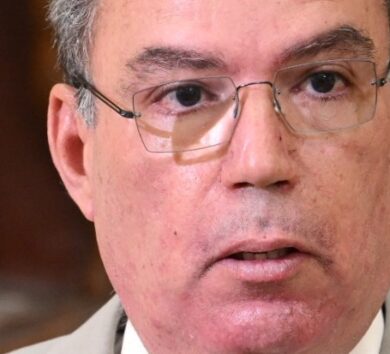
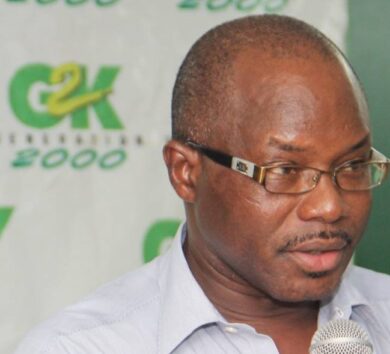
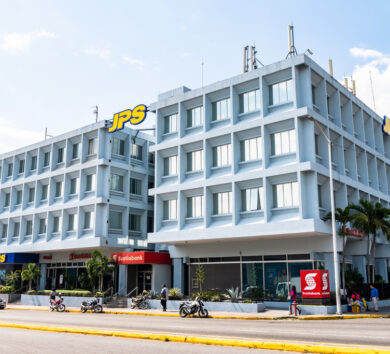
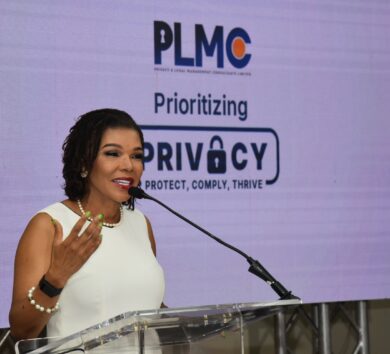
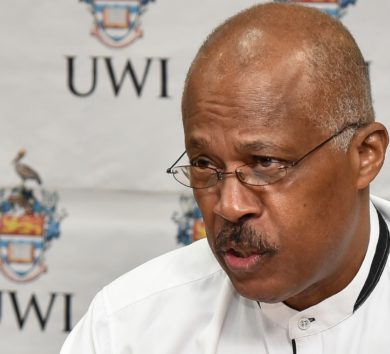
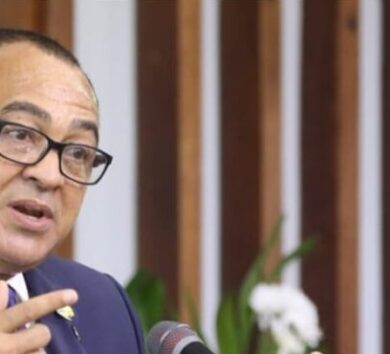
Comments